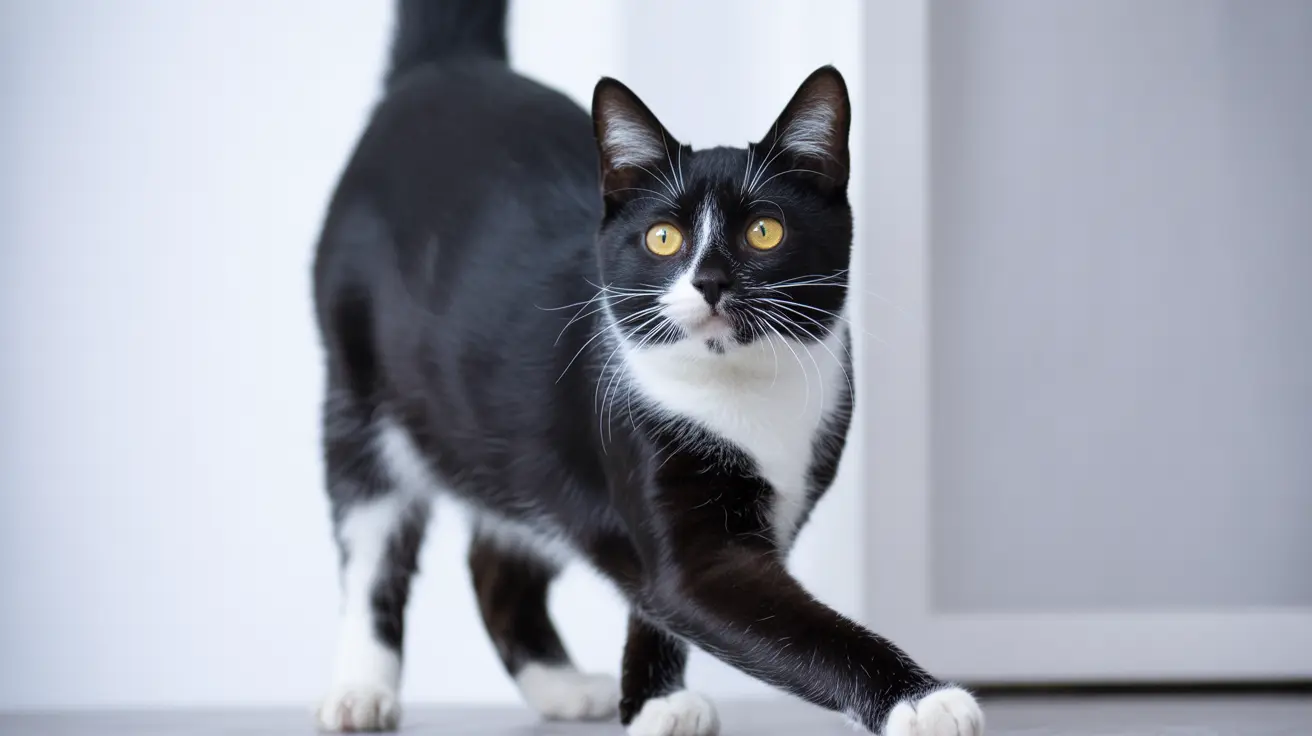How Much Egg Is Safe for Cats to Eat?
Eggs can be a nutritious treat for cats when prepared and portioned correctly. Rich in protein and essential amino acids, eggs support your cat's overall health. However, they're not meant to be a dietary staple and should be given in moderation. In this article, we delve into the appropriate quantity, benefits, potential risks, and preparation tips for feeding egg to your feline companion.
Nutritional Benefits of Eggs for Cats
Eggs offer a range of benefits for cats due to their nutrient content:
- High-quality protein that supports muscle health and repair
- Amino acids for skin and coat condition
- Vitamins A, D, B12, and riboflavin to promote immunity and energy
- Fatty acids that contribute to a healthy coat
Despite these advantages, eggs are high in fat and cholesterol, making careful portioning vital.
How Much Egg Can You Give to a Cat?
The recommended serving of egg for a healthy adult cat is approximately one tablespoon of cooked egg (scrambled, boiled, or poached without seasoning) once or twice per week.
Too much egg can contribute to:
- Obesity due to excess calories
- Digestive upset from fatty content
- Nutritional imbalance if used as a meal replacement
If you're introducing egg for the first time, start with just a teaspoon to monitor for allergic reactions or gastrointestinal issues.
Raw vs Cooked Eggs: What’s Safe?
Never feed raw eggs to cats. Raw egg whites contain avidin, which interferes with biotin absorption and can lead to skin problems. Raw eggs also carry the risk of Salmonella, which can be dangerous for both pets and owners.
Always cook eggs for your cat using minimal or no oil and without salt, pepper, or other seasoning.
Types of Cooked Eggs You Can Offer
- Scrambled Eggs: Lightly scrambled without milk or seasoning
- Boiled Eggs: Sliced or mashed for easy digestion
- Poached Eggs: Gently cooked in water without additives
When to Avoid Feeding Eggs
Eggs should be avoided or limited for cats with the following concerns:
- Kidney or liver disease, due to the high protein and fat content
- Weight issues, as eggs add significant calories for a small animal
- Allergies or sensitivities, if signs like itching or vomiting appear
How to Introduce Egg to Your Cat’s Diet
To safely introduce eggs to your cat:
- Start with a tiny amount (less than a teaspoon)
- Ensure the egg is fully cooked and plain
- Watch for signs of intolerance (vomiting, diarrhea, or skin issues)
- Offer egg no more than twice a week
- Adjust portion size based on your cat’s size and activity level
Can Kittens Eat Eggs?
Small amounts of cooked egg can be safe for kittens over 8 weeks old, but due to their delicate digestive systems and unique nutritional needs, it’s best to consult a vet before adding eggs to a kitten’s diet.
Egg Recipes for Cats
Here’s a simple, cat-safe egg recipe:
Simple Scrambled Egg
- Crack one egg into a non-stick pan
- Cook on low heat, stirring constantly
- Do not add seasoning, butter, or oil
- Let it cool, then serve one tablespoon
Conclusion
Eggs can be a healthy and enjoyable occasional treat for cats when handled with care. Feed your cat no more than one tablespoon of cooked egg once or twice weekly to ensure a balanced diet without adding unnecessary fat or calories. Monitor your pet closely for any adverse reactions, and always prioritize professional veterinary advice for dietary changes.





